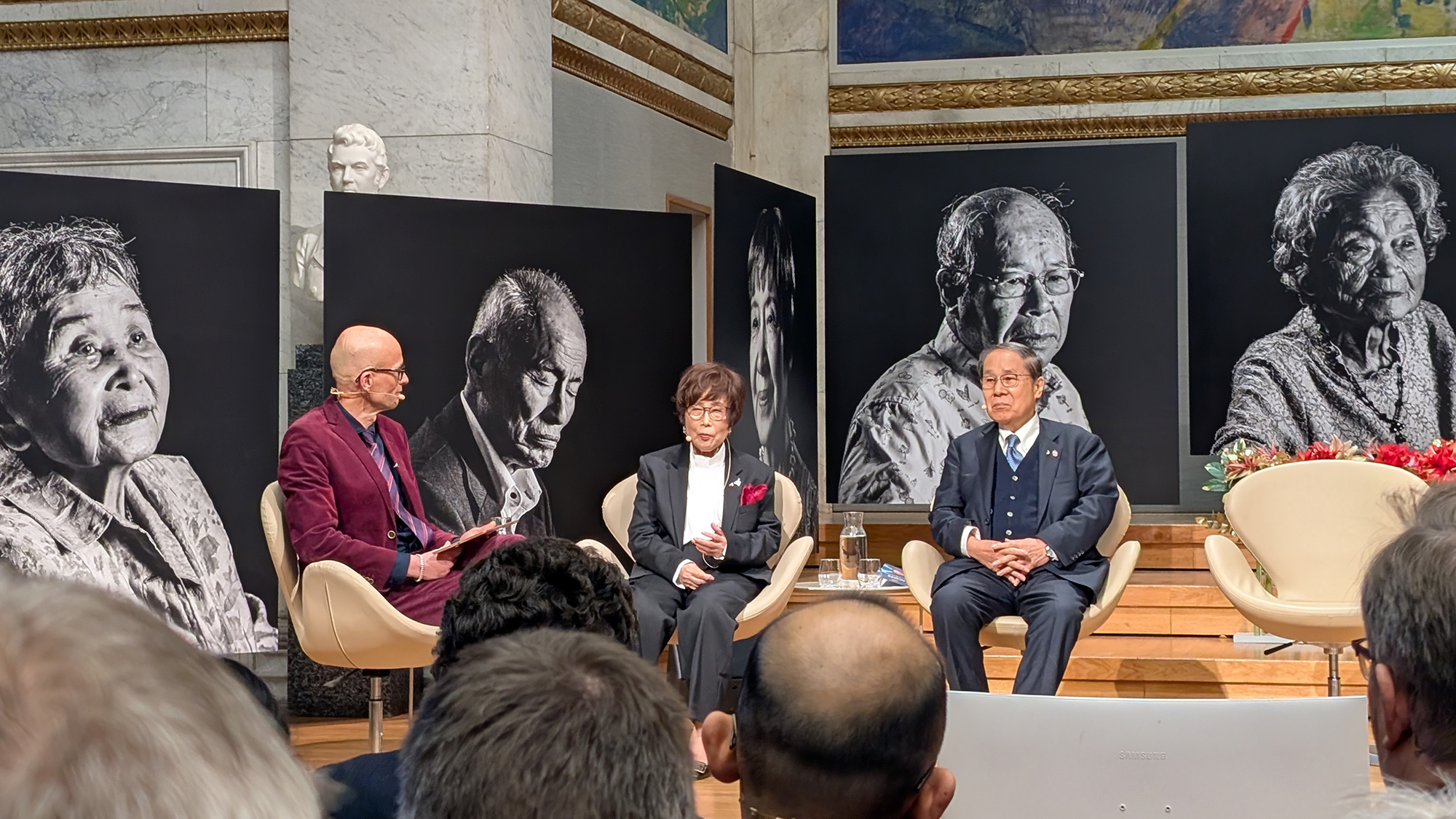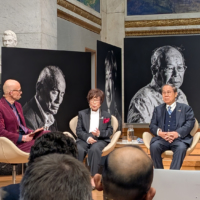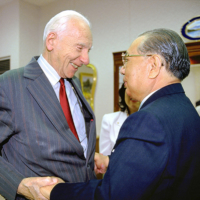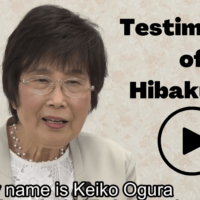In recognition of the group’s steadfast determination and advocacy, Nihon Hidankyo received the Nobel Peace Prize on Dec. 10, 2024, in Oslo. With 2025 marking the 80th anniversary of the Hiroshima and Nagasaki bombings, this honor is a tribute to decades of unwavering commitment by hibakusha to eliminate the threat posed by nuclear weapons.
Chair of the Norwegian Nobel Committee Jorgen Watne Frydnes commended them for transforming suffering into hope: “You did not resign yourselves to victimhood. You defined yourselves as survivors. … You help us to describe the indescribable, to think the unthinkable and to somehow grasp the incomprehensible pain and suffering caused by nuclear weapons. You have never given up. You are a symbol of resilience. You are the light the world needs.”
The work of the hibakusha highlights a critical reality: The abolition of nuclear weapons is not merely a matter of policy or political concern, but also an essential measure for upholding human dignity and ensuring the survival of humanity. This resonates with the heartfelt appeal issued by Hiroshima hibakusha Keiko Ogura at the Nobel Peace Prize Forum held the day after the ceremony. She said: “I want to have a chain reaction of goodwill. … I need your help. We have to work together. We are not just one drop of water. We are an ocean. … Listen to your heart’s deep voice. You, yourself, do something, not others, not only leaders.”
Her call to action underscores the imperative to not only raise awareness, but also foster a collective sense of responsibility, urging each individual to contribute to the realization of a world free from nuclear weapons.
This sentiment echoes Josei Toda, the second president of Soka Gakkai, who in 1957 unequivocally deemed nuclear weapons “an absolute evil” that threatened humanity’s very existence. Standing before a gathering of 50,000 youths, he called for them to make a lifelong commitment to abolishing nuclear arms, which threaten the collective right to life of all humankind.
Toda’s successor, third Soka Gakkai President Daisaku Ikeda (1928 to 2023), built upon this vision through his annual peace proposals issued between 1983 and 2022. He argued that the inhumane nature of nuclear weapons must be the pivotal focus of any discourse or deliberation and stressed the need to face squarely the irrationality of nuclear weapons, with their capacity to destroy all evidence of both our individual lives and our shared undertakings as societies and civilizations.
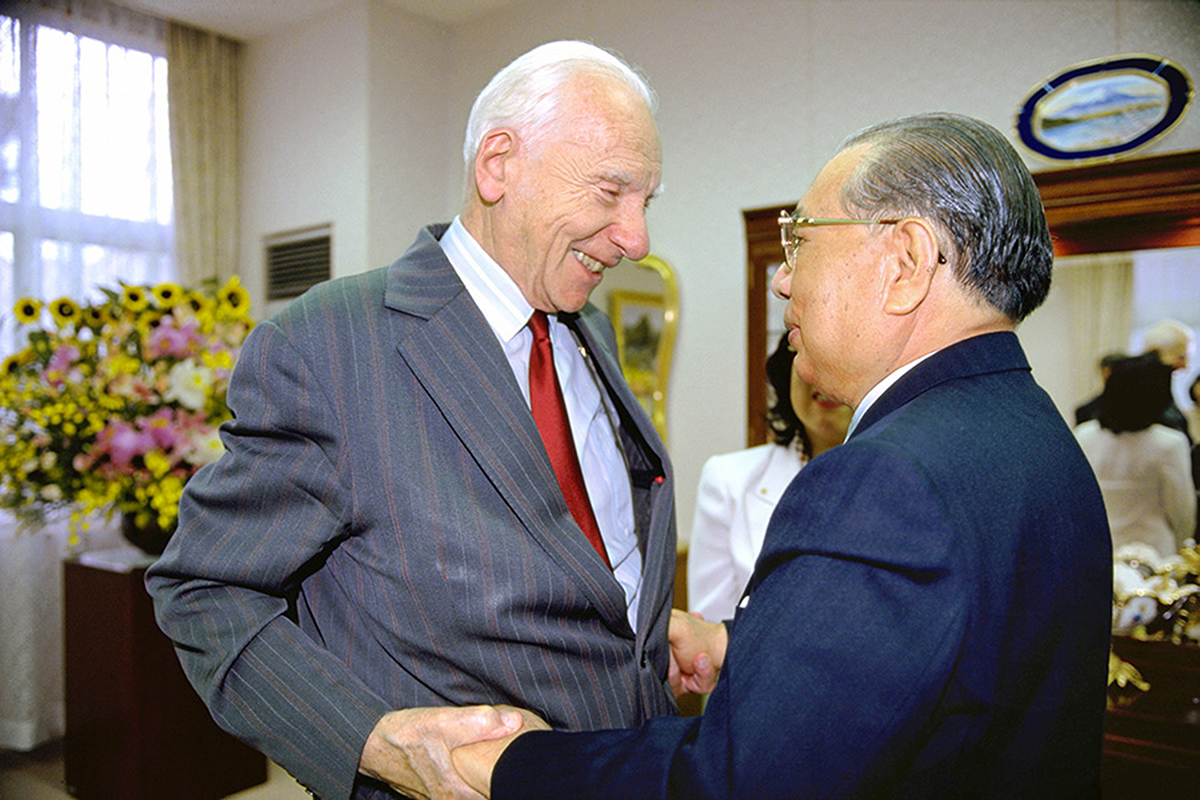
He wrote: “Nuclear-weapon-dependent deterrence policy is how a state attempts to exert control and assert autonomy. But once the precipice is reached and the abyss yawns below, both the people of that state and of the world end up constrained, deprived of all freedom of action. This is the reality of nuclear weapons that has remained unchanged since the start of the Cold War, and it is a reality that both the nuclear-weapon and nuclear-dependent states need to face in all its harshness.”
With violent conflict continuing in many parts of the world and high levels of tension related to the threat of nuclear weapons use, it is vital that momentum toward the ultimate goal of abolition of nuclear weapons not be lost.
On Jan. 15, ahead of the 50th anniversary of its founding on Jan. 26, Soka Gakkai International issued a statement calling for a world without nuclear weapons, based on pledges of “No First Use” and the establishment of a nuclear war prevention center, both ideas first put forward by Ikeda in his peace proposals and statements. SGI will continue to issue such statements on global issues to carry on Ikeda’s legacy.
While the abolition of nuclear weapons is the goal, immediate steps like adopting an NFU policy can reduce risks. NFU is a commitment by nuclear-armed states not to use nuclear weapons unless attacked with them first.
This policy and the idea of a nuclear war prevention center could diminish the likelihood of accidental or inadvertent escalation due to misperceptions, offering a pragmatic bridge to a safer world.
The role of community advocacy groups in advancing efforts for abolition cannot be overstated. The courage shown by hibakusha in reliving their childhood trauma and advocating for abolition exemplifies how collective action shapes history.
Ikeda’s advocacy also emphasized dialogue and cooperation over fear and mistrust. In his 2009 proposal on nuclear abolition, he argued that if nuclear weapons epitomize the forces that would divide and destroy the world, they could only be overcome by ordinary citizens’ solidarity, which can transform hope into the energy needed to create a new era.
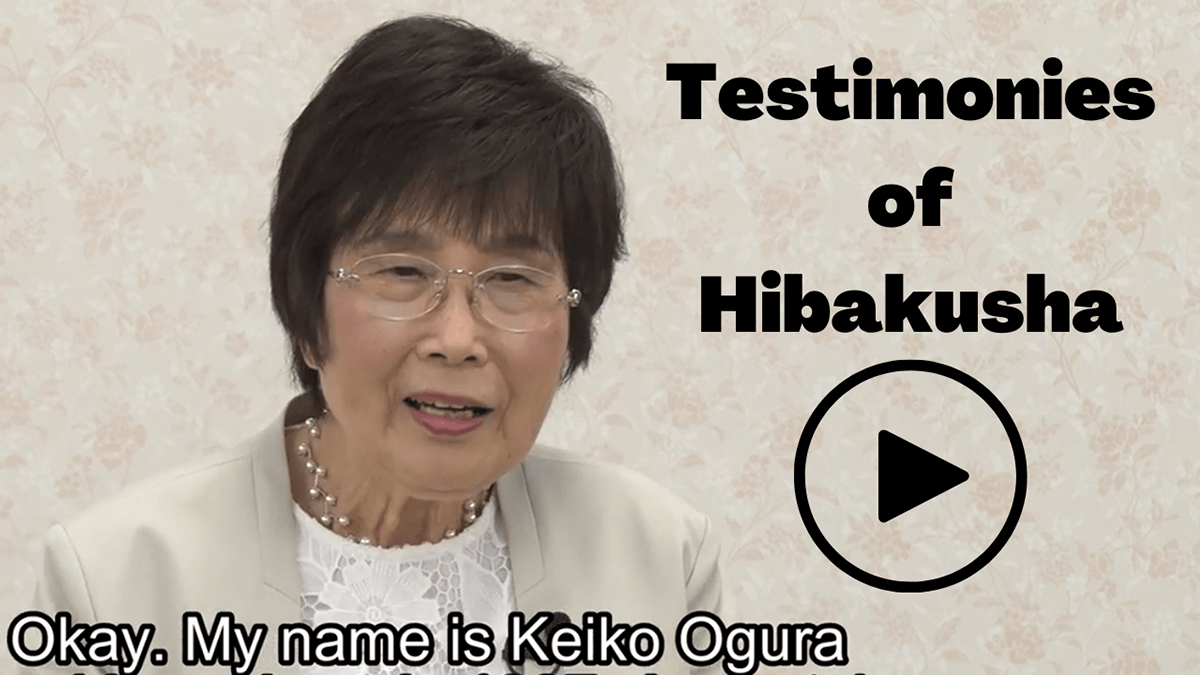
The power of education in this endeavor is immense. Young people must be at the forefront, as their courage, creativity and commitment are indispensable. By prioritizing human dignity and imagination over self-destruction, we can cultivate a culture of peace.
Choosing hope is not naive; it is a deliberate decision. Peace begins with individual action. Together, we can spark “a chain reaction of goodwill” as called for by the hibakusha, ultimately creating a world where nuclear weapons are a relic of the past.
Let us refuse to give up until the dignity of human life is universally upheld. As Ikeda stated: “Raising one’s voice or taking action is something we all can do. All that is required are the natural feelings shared by people everywhere: the desire to live in peace, the wish to protect those we love, the determination to spare the world’s children needless suffering.”
We must choose dialogue over confrontation and irrepressible optimism over despair. Together, we can build a future free from the shadow of nuclear annihilation.



